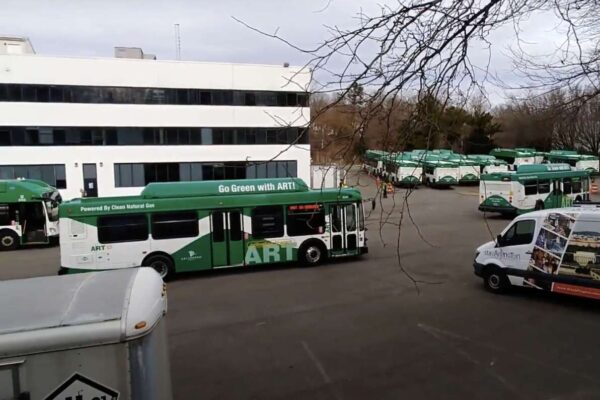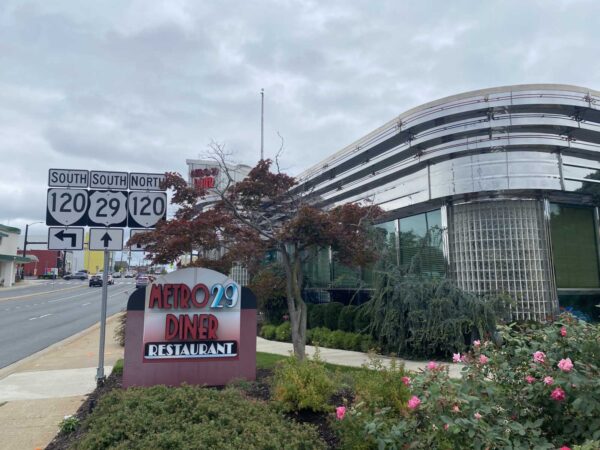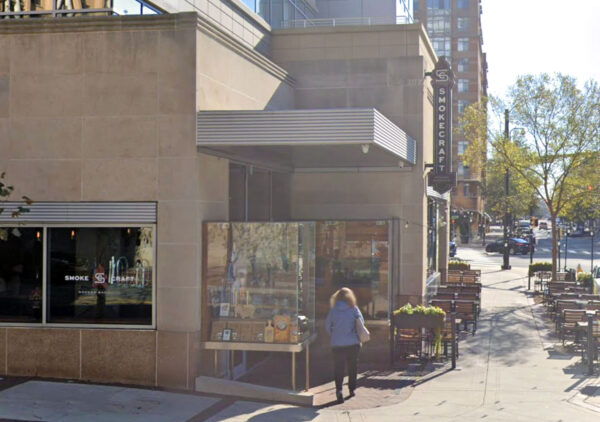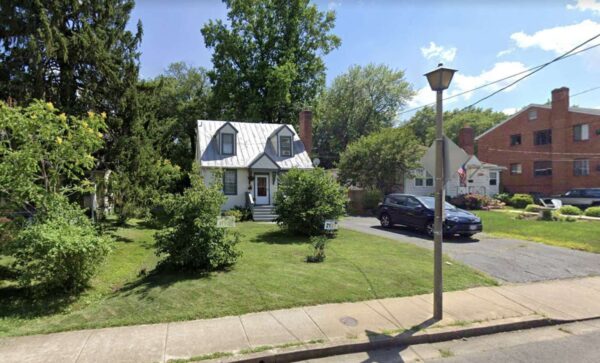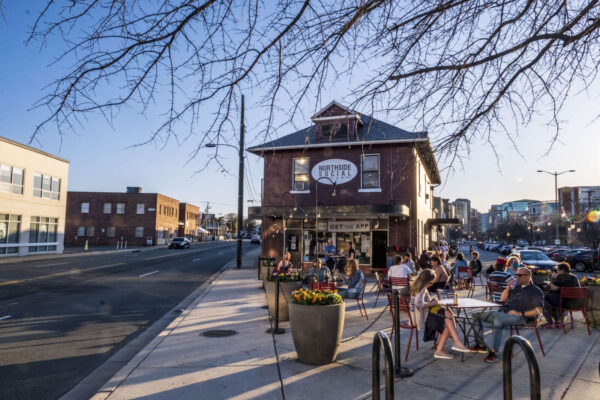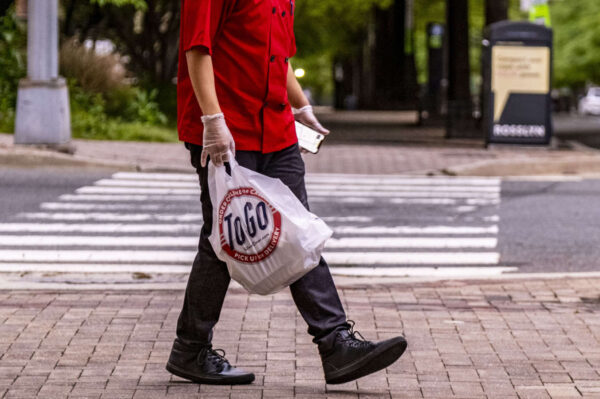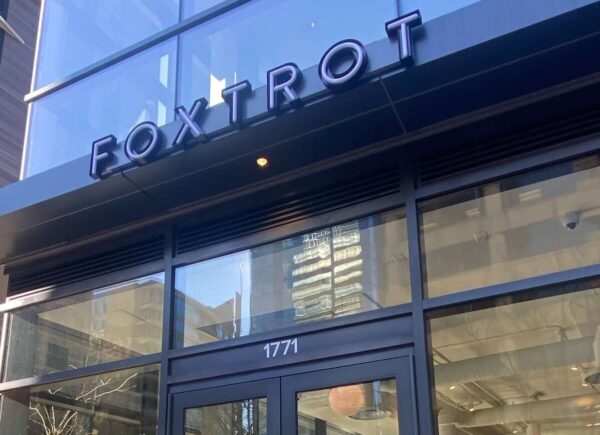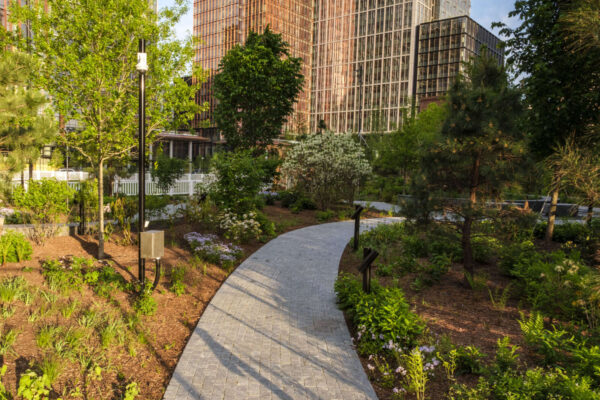There is a new twist in the stand-off between Arlington County and neighbors over bus parking on a county site in North Arlington.
Arlington County recently dropped litigation against three neighbors and the Ballston-Virginia Square Civic Association, who tried to use the Board of Zoning Appeals process to block the county from parking 29 Arlington Transit (ART) buses on a county lot near Washington-Liberty High School.


